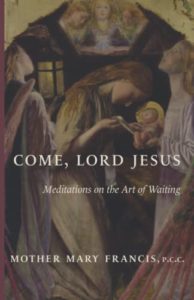Podcast: Play in new window | Download (Duration: 9:19 — 6.5MB) | Embed
Subscribe: Apple Podcasts | Spotify | Amazon Music | Android | Pandora | iHeartRadio | JioSaavn | Podchaser | Gaana | Podcast Index | Email | TuneIn | Deezer | Anghami | RSS | More
Friday of the 2nd Week of Advent – An Advent Lectio Divina for the Discerning Heart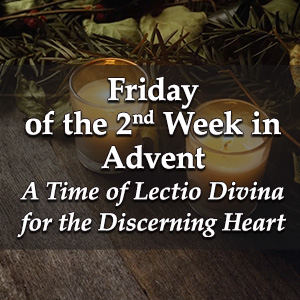
As you begin, take a deep breath and exhale slowly. For at least the next few moments, surrender all the cares and concerns of this day to the Lord.
Say slowly from your heart “Jesus, I Trust In You…You Take Over”
Become aware that He is with you, looking upon you with love, wanting to be heard deep within in your heart…
From the Holy Gospel of St. Matthew 11:16-19
Jesus spoke to the crowds: ‘What description can I find for this generation? It is like children shouting to each other as they sit in the market place:
“We played the pipes for you,
and you wouldn’t dance;
we sang dirges,
and you wouldn’t be mourners.”
‘For John came, neither eating nor drinking, and they say, “He is possessed.” The Son of Man came, eating and drinking, and they say, “Look, a glutton and a drunkard, a friend of tax collectors and sinners.” Yet wisdom has been proved right by her actions.’
What word made this passage come alive for you?
What did you sense the Lord saying to you?
Once more give the Lord an opportunity to speak to you:
Jesus spoke to the crowds: ‘What description can I find for this generation? It is like children shouting to each other as they sit in the market place:
“We played the pipes for you,
and you wouldn’t dance;
we sang dirges,
and you wouldn’t be mourners.”
‘For John came, neither eating nor drinking, and they say, “He is possessed.” The Son of Man came, eating and drinking, and they say, “Look, a glutton and a drunkard, a friend of tax collectors and sinners.” Yet wisdom has been proved right by her actions.’
What did your heart feel as you listened?
What did you sense the Lord saying to you?
Once more, through Him, with Him and in Him listen to the Word:
Jesus spoke to the crowds: ‘What description can I find for this generation? It is like children shouting to each other as they sit in the market place:
“We played the pipes for you,
and you wouldn’t dance;
we sang dirges,
and you wouldn’t be mourners.”
‘For John came, neither eating nor drinking, and they say, “He is possessed.” The Son of Man came, eating and drinking, and they say, “Look, a glutton and a drunkard, a friend of tax collectors and sinners.” Yet wisdom has been proved right by her actions.’
What touched your heart in this time of prayer?
What did your heart feel as you prayed?
What do you hope to carry with you from this time with the Lord?
We thank you, Lord Jesus for this time with you.
Keep us alert, we pray, O Lord our God,
as we await the advent of Christ your Son,
Who lives and reigns with you in the unity of the Holy Spirit,
God, for ever and ever
Amen
Excerpt from THE JERUSALEM BIBLE, copyright (c) 1966 by Darton, Longman & Todd, Ltd. and Doubleday, a division of Penguin Random House, Inc. Reprinted by Permission.

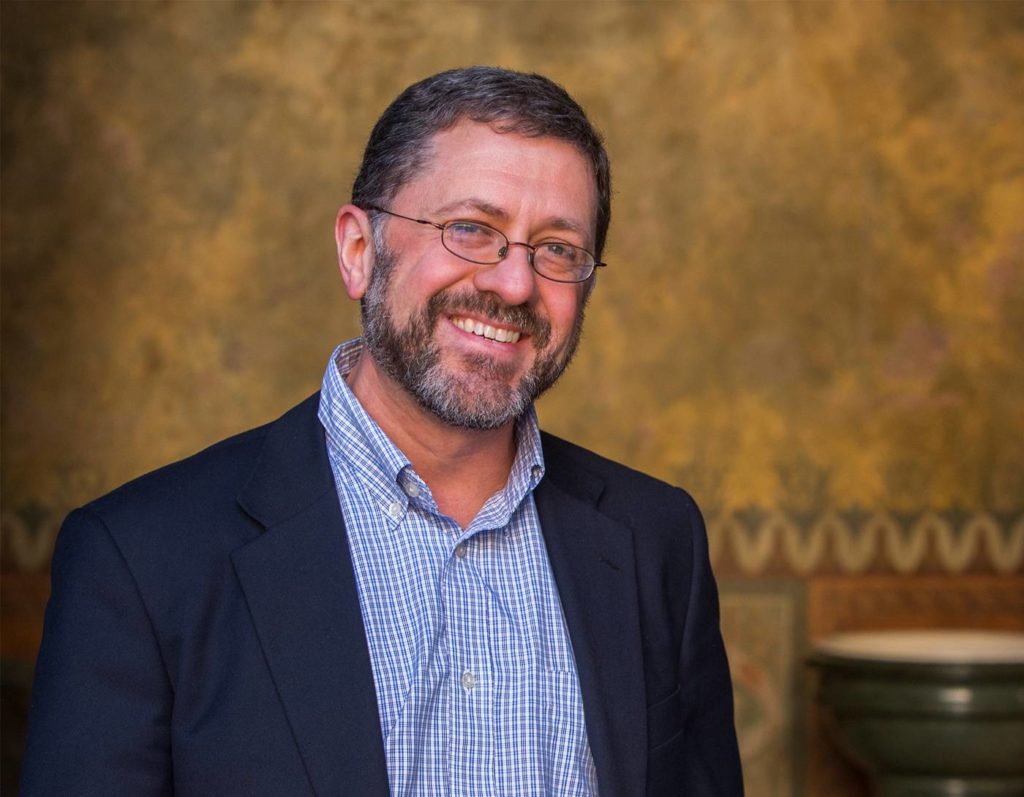 Episode 7 – Valentinus – Villains of the Early Church with Mike Aquilina
Episode 7 – Valentinus – Villains of the Early Church with Mike Aquilina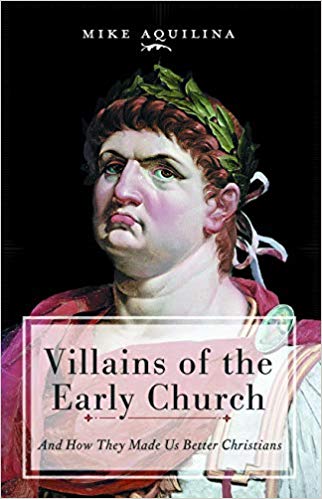


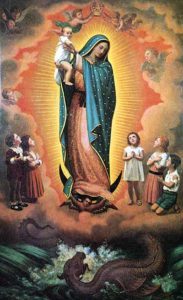
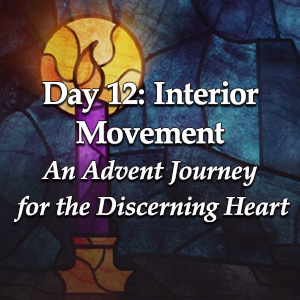 DAY 12 – Interior Movement
DAY 12 – Interior Movement
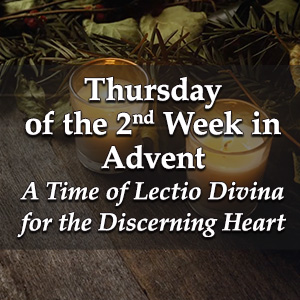 From the Holy Gospel According to St. Matthew 11:11-15
From the Holy Gospel According to St. Matthew 11:11-15
